Spiritual Leadership, A New Consciousness, and a World in Crisis (Spring 2020)
Toni Nash, CSJ
Registration is closed.
Description
Description
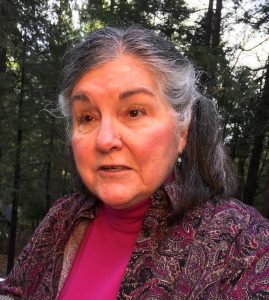
Webinar (Recording) with Toni Nash, CSJ:
Thursday January 16, 2020 (7:00 PM EST)
Click here to watch recording.
Ten-week course starts on Jan. 30th. (Ten CPD Hours for the course.)
Zoom Meetings: Thursdays, 7:00 PM EST — Jan. 30; Feb. 6, 13, 20, 27; March 5, 12, 19, 26; April 2
$125; $95 Early Bird Discount before 1/26/20 (Premium Members receive a 20% discount)
To register for the ten-week course, click on “Add to Cart” above.
This course is designed for spiritual and religious leaders who want to frame their life and ministry within the new universe story as taught by Thomas Berry, Brian Swimme, Mary Evelyn Tucker, and John Grim. It will offer insights into contemporary science about the way the Universe and our Earth really work. It will offer a foundational understanding to apply our learnings to the challenges we face in today’s conflicted world. It will provide spiritual and religious leaders with insight into the divine dynamics operating on all levels of our lives – social, spiritual, and ecological.
What role can religious and spiritual leaders play in this time of multiple planetary crises? The solutions we have counted on in the past are no longer enough to address our world’s extremes – e.g., increasing climate chaos, devastation of the Earth’s capacity to sustain life, extreme polarizations, and increasing despair and numbers of suicides. When people turn to spiritual and religious leaders to help them navigate these times, what new consciousness can be offered to them that is different than what got us into these crises?
The goal of this course is to encourage a more radical imitation and adaptation of the cosmos-building principles of the universe, challenging us to greater authenticity in aligning ourselves with evolutionary forces. We will look at the behaviors these principles suggest, with particular emphasis on the potential of reinterpreting religious vows in a way that witnesses to the values the human community needs to adopt to survive and flourish.
By developing a new consciousness based on these principles, we will be able to discern new solutions to address our crises and to build a more viable human presence within the community of Earth. These sacred dynamics make the wisdom and resilience of the rest of the natural world available to us. Religious and spiritual leaders can then midwife a consciousness to live a more mutually enhancing relationship within sacred universe.
A deeper and broader understanding of the ongoing activity of creation – cosmogenesis – has the potential to help us address the disturbing ways our world seems to be changing. When we bring a new consciousness to the crises threatening our world we can see and imitate the wisdom and resilience of the rest of the natural world. As spiritual and religious leaders, how can we midwife within the human community the consciousness to live more intentionally within a sacred universe? Can we accept the new insights about the universe and the divine that will challenge our life and ministry?
During this participatory course you will:
- Become familiar with viewing different aspects of our ecological, social and spiritual crisis through the lens of the cosmos-building principles of identity, difference, and interdependence
- Increase your familiarity with the ways these cosmogenetic principles manifest in the world around us
- Explore the potential of these operating principles to become practical ethical standards for decision making
- Understand the consequences of ignoring these conditions
- Reflect on and discuss the internal transformation needed for us to imitate and embody the cosmos-building principles
- Examine how religious commitment and/or vows, influenced by cosmogenesis, would witness to right relationships between humans and the rest of the whole Earth Community
Many of the readings are from Toni Nash’s PhD dissertation, Cosmological Commitment in a Time of Planetary Crisis. To read the dissertation, click here.
Sessions and Recommended Readings
Session 1 (January 30): Aligning with the Flow of Energy: This session will explore the foundations for understanding the cosmos-building principles of identity, difference, and interdependence as essential to the process of evolution
Nash, T. (2015). Cosmological commitment in a time of planetary crisis: (Chapter 1: Introduction”
Session 2 (February 6): What Crisis Looks Like: We will examine some of our most pressing challenges to life and health on this planet through the lens of the cosmos-building principles of identity, difference, and interdependence
Nash, T. (2015). Cosmological commitment in a time of planetary crisis: (Chapter 2: “Theories of the crises and of an inadequate worldview”
Session 3 (February 13): Deepening our understanding of Identity and Interdependence: We will examine how identity arises out of our interactions with the whole, and how the whole is changed by individuals
Nash, T. (2015). Cosmological commitment in a time of planetary crisis: (Chapter 3: “Cosmogenesis as Alternative Consciousness” pp.20 -34)
Session 4 (February 20): The Role Differentiation plays in Evolution: How to live with differences is one of our greatest challenges today. We will explore the essential contribution differentiation makes to our evolution
Nash, T. (2015). Cosmological commitment in a time of planetary crisis: (Chapter 3: “Cosmogenesis as Alternative Consciousness” pp. 35 – 47)
Session 5 (February 27): Breaking Free of Entanglement with Western Civilization: By examining Leonard Boff’s anti-ecological ideologies and Thomas Berry’s understanding of patriarchy we become aware of the ways Christianity has been influenced by the values of western civilization, and vice versa.
Nash, T. (2015). Cosmological commitment in a time of planetary crisis: (Chapter 4: “The role of religious leaders in societal change” pp.49 – 52)
Session 6 (March 5): Conversion and the Process of Transformation: This session challenges spiritual leaders to play a unique role in midwifing the profound transformation of consciousness we need to undergo to align with Earth’s evolutionary processes
Nash, T. (2015). Cosmological commitment in a time of planetary crisis: (Chapter 4: “The role of religious leaders in societal change” pp.52 – 56)
Session 7 (March 12): The Potential of Shamanistic Leadership: The values and methods of shamanic leadership offer a different style of leadership more aligned with cosmogenetic principles and a radical conversion of spirit.
Nash, T. (2015). Cosmological commitment in a time of planetary crisis: (Chapter 4: “The role of religious leaders in societal change” pp.57 – 59)
Session 8 (March 19): The Importance of our Image of the Divine: Because we unconsciously model our human behavior on the image of the Divine Source that is most familiar to us, we need to examine how cosmogenesis expands that image.
Nash, T. (2015). Cosmological commitment in a time of planetary crisis: (Chapter 5: “Living the values that we need to survive” pp. 60 – 62)
Session 9 (March 26): Foundations for Decision Making: This session will explore activities and decisions that will align us with the optimal flow of energy in our daily interactions.
Nash, T. (2015). Cosmological commitment in a time of planetary crisis: (Chapter 5: “Living the values that we need to survive” pp. 62 – 75)
Session 10 (April 2): Grounding in a Cosmos-Building Approach to our World: In this session will examine what kind of internal transformation that is needed for us to become vibrant contributing members of the Earth Community
Nash, T. (2015). Cosmological commitment in a time of planetary crisis: (Chapter 6: “Values for a vibrant earth community” pp.76 – 81)
Swimme, B. (2000). Cosmic directionality and the wisdom of science. In J. F. Haught (Ed.), Science and religion in search of cosmic purpose (pp. 91–104). Washington, DC: Georgetown University Press.
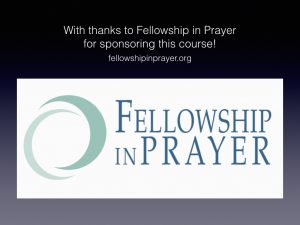
Reviews (0)
You must be logged in to post a review.


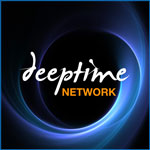


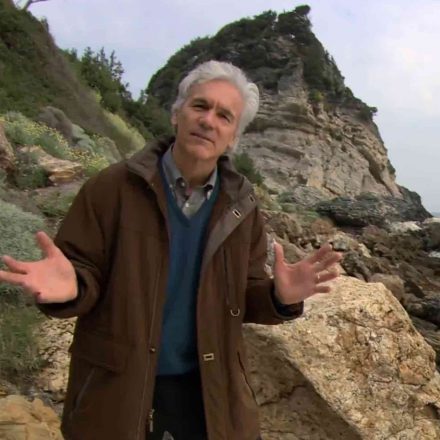
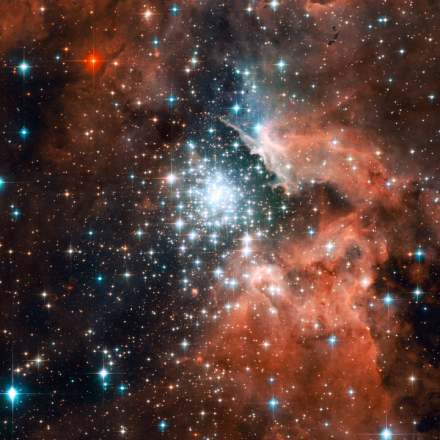


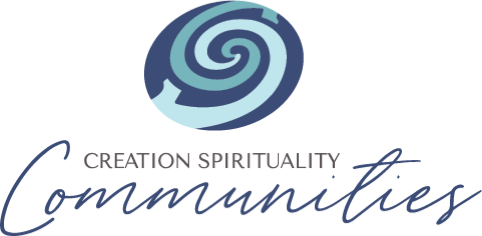

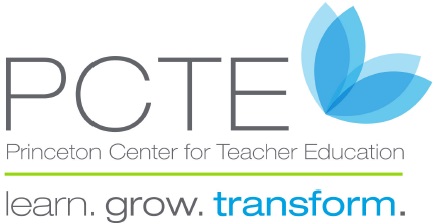

Reviews
There are no reviews yet.